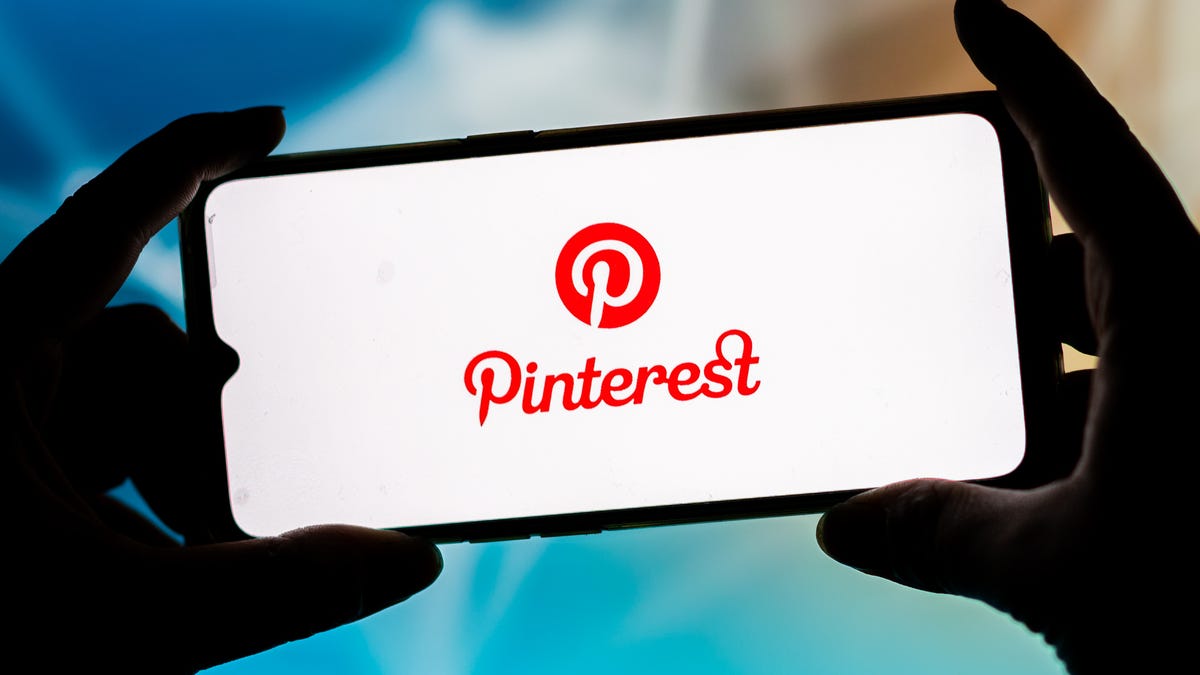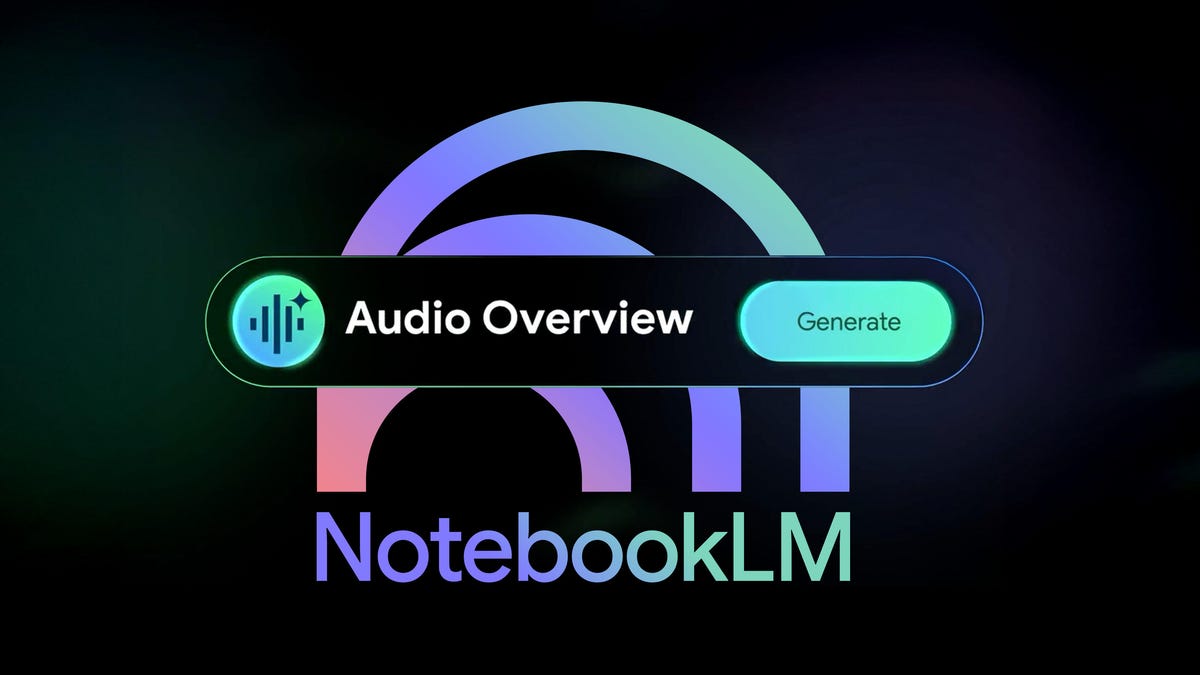Technologies
Best password manager to use for 2021
Ditch the sticky notes and get peace of mind. One of our favorite password managers can be your first defense against getting hacked.

Working remotely has become routine for many of us, which means that it’s more essential than ever to secure your online accounts with strong passwords. But it can be a challenge to memorize dozens and dozens of passwords, and it’s downright dangerous to use the same old password over and over.
If you find yourself consistently getting locked out of one online account or another because you’re drawing a blank when you try to log in, it’s time to consider a password manager, which can help you seamlessly oversee and handle all your login credentials while maintaining password security. They’re also handy for autofilling forms and syncing your data across Windows PCs and Macs, iPhones, iPads, Android phones and more.
A password manager is essentially an encrypted digital vault that stores secure password login information you use to access apps and accounts on your mobile device, websites and other services. In addition to keeping your identity, credentials and sensitive data safe, the best password manager also has a password generator to create strong, unique passwords and ensure you aren’t using the same password in multiple places (password generation really comes in clutch when you can’t come up with yet another unique password on the fly for the latest must-have iOS app). With all the recent news of security breaches and identity theft, having a unique password for each location can go a long way to ensuring that if one site gets hacked, your stolen password can’t be used on other sites. You’re basically using multiple passwords to create your own security features.
Read more: The guide to password security (and why you should care)
Plus, with a manager, you don’t have to remember the various pieces of login information, such as shipping addresses and credit card information. With just one master password, or in some cases a PIN or your fingerprint, you can autofill a form or password field. Some also feature online storage and an encrypted vault for storing documents.
All our best password manager picks come in free versions, which typically let you securely store passwords for one device — although our pick for the best free manager can currently be used for syncing across multiple devices — and all handle hardware authentication through YubiKey. Our best password security manager picks also feature subscription options that let you sync your secure password login information across devices, share credentials with trusted family and friends, and get access to secure online storage. And if transparency is important to you, several of our picks are open-source projects. We also look at what a password manager is, its security features and the basics of how to use one.
Note that these password manager services are independently chosen by our editors. We’ll be updating this story periodically as new options become available. In light of our top choice’s recent pricing change, we may be reconsidering the order in the near future, and will update this story accordingly.
Read more: LastPass vs. 1Password: How the two popular password managers stack up in 2021
Read more: The best web hosting providers
Other free and paid options worth considering
Bitwarden, LastPass and 1Password are solid, affordable (or free) password keepers, and in a straw poll of CNET staffers, they were about neck-and-neck in use. But if you find none of our three recommended password managers works quite how you want, a handful of other apps are worth considering. These all have free versions available.
Dashlane
- Offers limited free version (50 passwords on one device)
- Base price beyond free: $59.88 per year
- Works with: Windows, MacOS, Android, iPhone and iPad. Browser extensions for Chrome, Firefox, Safari, Internet Explorer, Edge and Opera.
Dashlane provides a simple and secure way to manage your passwords and keep other login information stored. Just for managing passwords, we like it as much as our picks, but the free Dashlane app limits you to one device and 50 passwords. The $60 Premium subscription is similar to plans from 1Password and LastPass. The $120 Premium Plus annual subscription adds credit and ID-theft monitoring.
Keeper
- Offers limited free version (unlimited passwords on one device)
- Base price beyond free: $35
- Works with: Windows, MacOS, Linux, Android, iPhone and iPad. Browser extensions for Chrome, Firefox, Safari, Internet Explorer, Edge and Opera.
Keeper is another secure password manager that helps you manage login info on Windows, MacOS, Android and iOS devices. A free version gives you unlimited password storage on one device. The step-up version costs $35 a year and lets you sync passwords across multiple device options. For around $45 a year, you can get 10GB of secure file storage.
KeePassXC
- It’s free
- Donations accepted
- Works with: Windows, MacOS, Linux, Chrome OS, Android, iPhone and iPad, BlackBerry, Windows Phone and Palm OS. Access via the web plus popular browser extensions. (Except for the official Windows version, KeePass for other platforms are unofficial ports.)
KeePass, another open-source software password manager, started on Windows and has been ported using the same code base to other platforms, including MacOS, Android and iOS. On the plus side, it’s totally free and endorsed by the Electronic Frontier Foundation. On the other hand, it’s really for advanced users only: Its user interface takes a bit of fiddling to get all the independently built versions of KeePass to work together.
What about NordPass and Norton Password Manager?
There’s been a shift in the market for VPN and antivirus software in recent months. Many of the companies behind these software packages are expanding them to become wider software suites. For instance: NordVPN now offers NordPass, a dedicated password manager, and Norton now offers a Norton Password Manager as part of its antivirus and identity theft packages. We haven’t specifically reviewed these password storage managers, if only because they don’t yet appear to have a feature set or pricing option that beats any of our preferred options above. If and when that changes, we’ll check them out in more detail.
Password manager basics
Still need more info on what password managers are, and why they’re better than the alternatives? Read on.
How does a password manager work?
To get started, a password manager will record the username and password you use when you first sign in to a website or service. Then the next time you visit the website, it will autofill forms with your saved password login information. For those websites and services that don’t allow automatic filling, a password manager lets you copy the password to paste into the password field.
If you’re stuck picking a good password, a manager can generate a strong password for you and watch that you aren’t reusing it across multiple services. And if you use more than one device, you want a manager that is available across all your devices and browsers, so you can access your passwords and login information — including credit-card and shipping information — from anywhere through the manager app or its browser extension. Some provide secure storage so you can store other items too, such as documents or an electronic copy of your passport or will.
Take note: Many password managers keep the master password you use to unlock the manager locally and not on a remote server. Or if it’s on a server, it’s encrypted and not readable by the company.
This ensures your account stays secure in case of a data breach. It also means that if you forget your master password, there may not be a way to recover your account through the company. Because of that, a few password managers offer DIY kits to help you recover your account on your own. Worst-case scenario, you start over with a new password manager account and then reset and save passwords for all your accounts and apps.
Read more: This is how we might finally replace passwords
What makes for a secure password?
When trying to avoid a weak password, a good password should be a long string of capital and lowercase letters, numbers, punctuation and other nonalphanumeric characters — something that’s difficult for others to guess, but a snap for a password manager to keep track of. And despite what you may have heard, once you select a good complex password or passphrase, you don’t really need to change it periodically.
Can I use a web browser to manage my passwords and login information?
You can certainly use Chrome, Safari or Firefox to manage your passwords, addresses and other login data. You can even set up a master password to unlock your credentials within a browser. And while using an online browser’s password tool is certainly better than not using a password keeper at all, you can’t easily access your passwords and other login info outside of the browser or share login info with others you trust.
What about iCloud Keychain?
Through iCloud Keychain, you can access your Safari website usernames and passwords, credit card information and Wi-Fi network information from your Mac and iOS devices. This cloud storage option is great if you live in Apple’s world. But if you venture outside the Apple operating system and have a Windows or Android device or use the Google Chrome or Firefox browser, iCloud Keychain comes up short.
David Gewirtz contributed to this story.
More computer advice
- Best VPN services
- Best identity monitoring services
- Best web hosting providers
- Best WordPress hosting of 2021
- Best website builder for 2021: Squarespace, Wix and more compared
- Best antivirus protection for Windows 10
- 5 best ways to make sure your credit data hasn’t been breached
- This is the best free password manager
- Best gear for video chats from home: Webcams, lights, mics and more
- Best Android VPNs of 2021
- 7 must-have ergonomic upgrades for your home office
- Best Mac VPN of 2021
- Best cheap VPN of 2021
Technologies
Samsung’s One UI Code Hints at Existence of ‘Wide’ Galaxy Z Fold
The company’s latest Android application packages, spotted by a leaker online, include references to animations for the rumored phone.

We may see a wide version of Samsung’s Galaxy Z Fold phone sooner rather than later, according to a report by Android Authority using Android Package files spotted by known leaker wr3ckl3ss. The latest One UI 9 build includes light and dark mode animations for a new foldable phone, which could be the wide Samsung Galaxy Z Fold.
The latest data scraped from Samsung’s One UI Android APKs has a product codename — «H8» — plastered all over it. Android Authority’s previous reporting connected the H8 to a device model number SM-F971U, which is rumored to be a wide Galaxy Z Fold phone. While data scraped from APKs doesn’t always make it to a full release of the software, the mention of new hardware is a good flag for what’s being internally developed.
It’s important to note that there are still no leaked photos or concrete visual assets indicating the existence of the wide Galaxy Z Fold. Several crude AI mockups have circulated online, generated in response to features that might show up on Samsung’s rumored phone, but no leaker has produced real photos of the device.
A representative for Samsung didn’t immediately respond to a request for comment.
Most of our knowledge about this new Galaxy Z Fold is derived from a Korean report from Etnews, which says Samsung has been working on a device referred to internally as the «Wide Fold.» While the latest info gleaned from the APKs doesn’t offer insight into how the phone will look, this report claims the Wide Fold will be squarer and boxier, with a 4:3 aspect ratio. The phone could have a 7.6-inch internal screen when open, and a 5.4-inch external display when folded, according to the report.
Samsung’s rumored wide foldable phone might be designed to shake up its lineup just as Apple is rumored to bring its first iPhone Fold to the market in 2026. It also follows the launch of Samsung’s Galaxy Z Trifold earlier this year.
The H8 animations included in the latest One UI APKs are the most compelling developments surrounding this phone we’ve seen yet, and they might lend credence to the idea that we’ll hear more about the Wide Fold through official Samsung channels soon.
Technologies
Pinterest Lets Your Control How Much AI Slop You See. Here’s How to Tone It Down
Pinterest is giving some settings for you to control AI slop. Here’s where to find them.

AI slop has come for just about everything in your digital life, and it’s found itself a cozy home in your social media feeds. It’s everywhere, and even if it can sometimes be entertaining, the bulk of it is useless, misleading or downright lies. While some platforms take no issue with this type of content, some are putting controls into your hands so you can at least tone it down, like Pinterest.
Pinterest made updates to its platform’s user settings on web and mobile so users can reduce the amount of AI-generated posts they see in their feeds. Now, that’s not to say it’s allowing users to remove all AI posts — just some — but some is better than none, especially if your feeds have become overrun with the nonsense.
Below, we’ll show you how to find the new settings so you can adjust the amount of AI posts you see on your Pinterest feed.
How to reduce AI in your Pinterest feed
You can find the new settings this way:
- Head to the home feed tuner section of your Pinterest account.
- Locate the new GenAI Interests tab there.
- Use that tab to limit the number of AI posts you see on your home feed by toggling the «switch to off» position.
Pinterest says it’s starting with categories that are highly prone to AI-generated or modified content. The company expects to add more options based on user feedback.
It’s essential to note that nowhere does it state that the new settings will eliminate AI-generated content. Rather, they’ll reduce it in specific categories.
Pinterest Chief Technology Officer Matt Madrigal says the site isn’t looking to eliminate all AI-generated posts, adding that the new controls strike «the right balance between human creativity and AI innovation.» While some users may want the option to completely turn off AI generated social media posts, it’s essentially unavoidable. At the very least, Pinterest is giving its users some control.
Technologies
Google Sued by Former NPR Host Over NotebookLM AI Voice
A lawsuit by radio host David Greene alleges that Google used his voice to train its AI. Google denies the allegation.

A former NPR radio host has sued Google and its parent company Alphabet, alleging that the tech giant used his voice for its NotebookLM AI product.
David Greene, former host of NPR’s Morning Edition and current host of KCRW’s Left, Right & Center, filed the lawsuit in California Superior Court in Santa Clara County. «Google used Mr. Greene’s voice without authorization and then used those stolen copies to develop, train, and refine its AI broadcasting product, NotebookLM,» the lawsuit alleges.
NotebookLM is an AI-powered research assistant that generates insights from data that you input into the system. Google last year introduced audio and video overviews for NotebookLM. In the case of the former, someone using the software can generate an AI podcast based on information in a file you upload. Greene says that others began informing him after the fall 2024 addition of the feature that one of the voices in those podcasts sounded a lot like his.
«These allegations are baseless,» a Google spokesperson told CNET. «The sound of the male voice in NotebookLM’s Audio Overviews is based on a paid professional actor Google hired.» Google has not identified the voice actor that it says it paid for work on NotebookLM.
According to the lawsuit, Greene said he hired an independent forensic software company that specializes in voice recognition to compare his voice to the one in question on NotebookLM.
«The company conducted a thorough analysis of the voice similarity between Mr. Greene’s voice and the voice used in NotebookLM,» the lawsuit says. «The tests indicated a confidence rating of 53%-60% (on a -100% to 100% scale) that Mr. Greene’s voice was used to train the software driving NotebookLM.»
The voices of professional voice actors or celebrities have been the subject of previous complaints, lawsuits and licensing deals. In 2024, Scarlett Johansson raised concerns about an OpenAI voice that sounded similar to hers. The company removed the sound-alike. Last year, ElevenLabs struck a deal to license voices from celebrities including Matthew McConaughey and Michael Caine.
-

 Technologies3 года ago
Technologies3 года agoTech Companies Need to Be Held Accountable for Security, Experts Say
-

 Technologies3 года ago
Technologies3 года agoBest Handheld Game Console in 2023
-

 Technologies3 года ago
Technologies3 года agoTighten Up Your VR Game With the Best Head Straps for Quest 2
-

 Technologies4 года ago
Technologies4 года agoBlack Friday 2021: The best deals on TVs, headphones, kitchenware, and more
-

 Technologies5 лет ago
Technologies5 лет agoGoogle to require vaccinations as Silicon Valley rethinks return-to-office policies
-

 Technologies5 лет ago
Technologies5 лет agoVerum, Wickr and Threema: next generation secured messengers
-

 Technologies4 года ago
Technologies4 года agoOlivia Harlan Dekker for Verum Messenger
-

 Technologies4 года ago
Technologies4 года agoiPhone 13 event: How to watch Apple’s big announcement tomorrow
